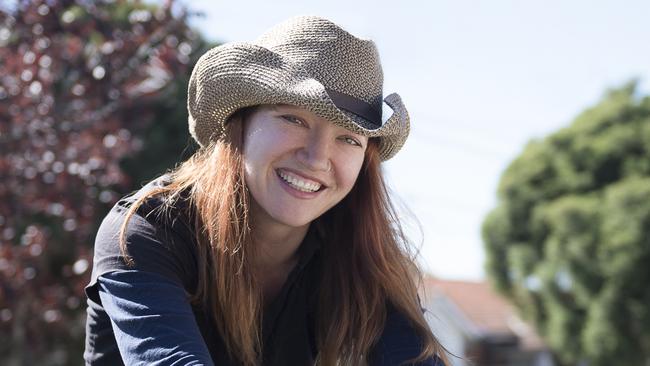Are coffee grounds good for your garden?
Coffee grounds have long been considered beneficial for gardens. But are they?

Recommendations to recycle your spent coffee grounds into the garden have been around for years. But what exactly is in them and are they doing good or harm?
Australia produces an estimated 75,000 tonnes of waste coffee grounds annually. They’re a ready resource in many homes, and some coffee shops give them away, promoting their usefulness. Coffee grounds, as a source of organic matter, can improve soil structure, increase water and nutrient-holding capacity, and boost biological activity. They are slightly acidic and contain useful levels of nitrogen, phosphorus, potassium, magnesium, and copper for plants.
However, new Australian research shows that spent coffee grounds, applied fresh to garden beds, decreases the growth and development of seedlings.
Sarah Hardgrove, at University of Melbourne’s Burnley campus, says: “I wanted to investigate the potential for spent coffee grounds to provide similar plant growth and soil property benefits as other organic amendments such as manures, biochar, worm castings and compost. The trials were designed to investigate the impacts on different plants with varying nutrient requirements and pH preferences.”
Hardgrove trialled broccoli, radish, leek, viola and sunflower seedlings in greenhouse pots and in the field, testing fertiliser alone, fertiliser plus coffee grounds, and coffee grounds at 2.5, 5, 10 and 20 per cent by volume, measured against the control with no additives. Significantly, all the plants grown in the coffee-amended soil treatments showed poor growth compared with those without coffee grounds. On the positive side, coffee grounds increased soil water-holding capacity.
Why was plant growth inhibited? Further tests showed the soil pH of the soil was not a factor. Nitrogen drawdown, where decomposer micro-organisms use up the available nitrogen in the soil, depleting the supply for plants, could not account for it either. Hardgrove suggests the likeliest explanation is phytotoxicity, where naturally produced plant toxins injure other plants. Phytotoxicity is relatively common: some well-known examples include black walnut trees, casuarinas, conifers and bottlebrushes that inhibit the growth of other plants beneath their canopies.
Hardgrove’s conclusion is that adding more than about 2 per cent by volume of spent coffee grounds to soil will likely decrease plant growth in the short term.
Note that these trials were done with seedlings and the effects on mature plants have not yet been tested.
Intriguingly, a Japanese study last year indicated that after an initial period of stunting plants, coffee grounds began to show beneficial effects, doubling crop growth after six months.
So to use spent coffee grounds safely, add them to the compost heap, in small proportions, where the toxins will decompose safely. Coffee grounds are safe to add to worms farms too.
Alternatively, Hardgrove suggests, if you have a patch lying fallow for six months and you want to reduce weed growth, a thin layer of coffee grounds mulch is an excellent idea.



